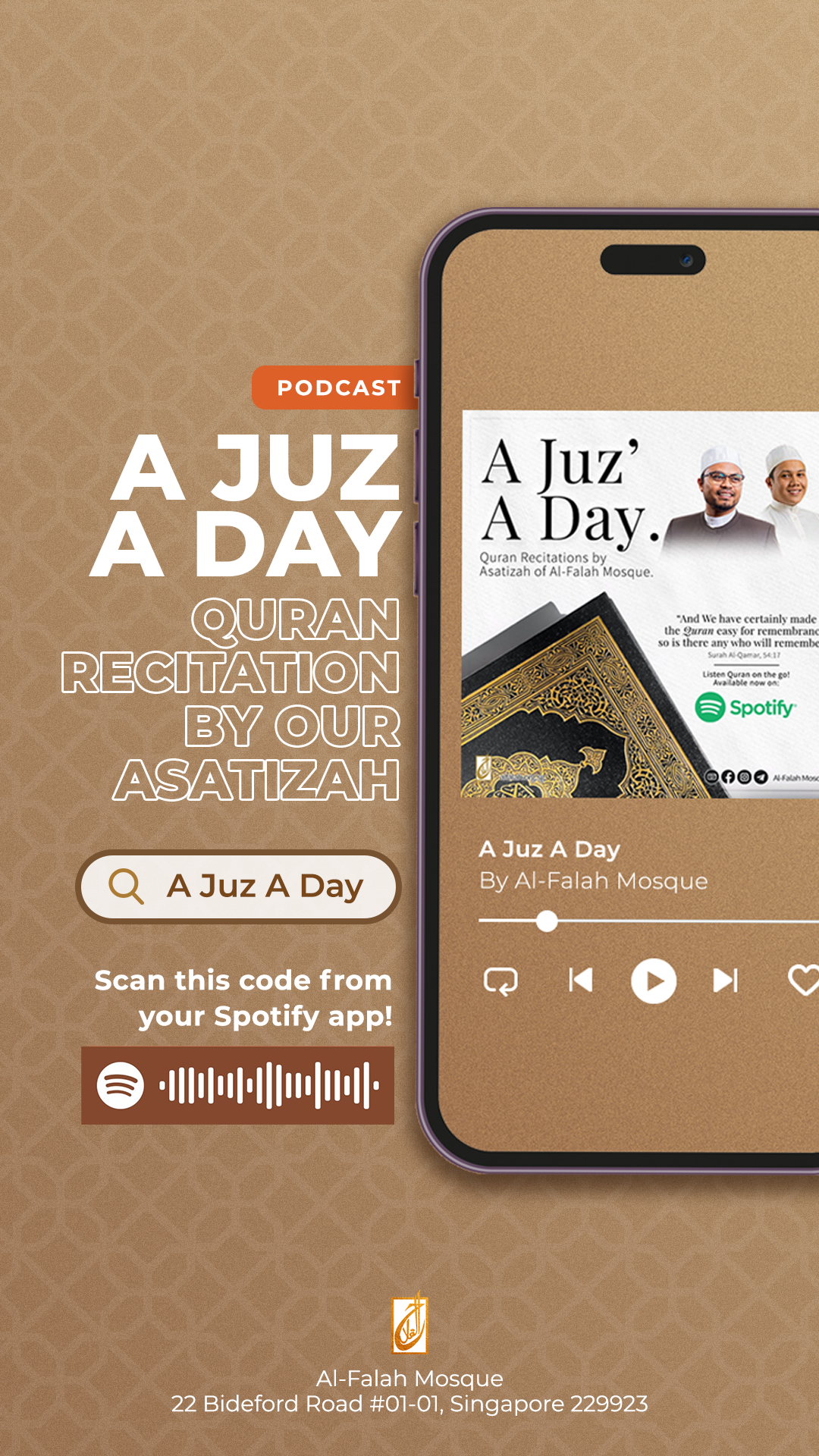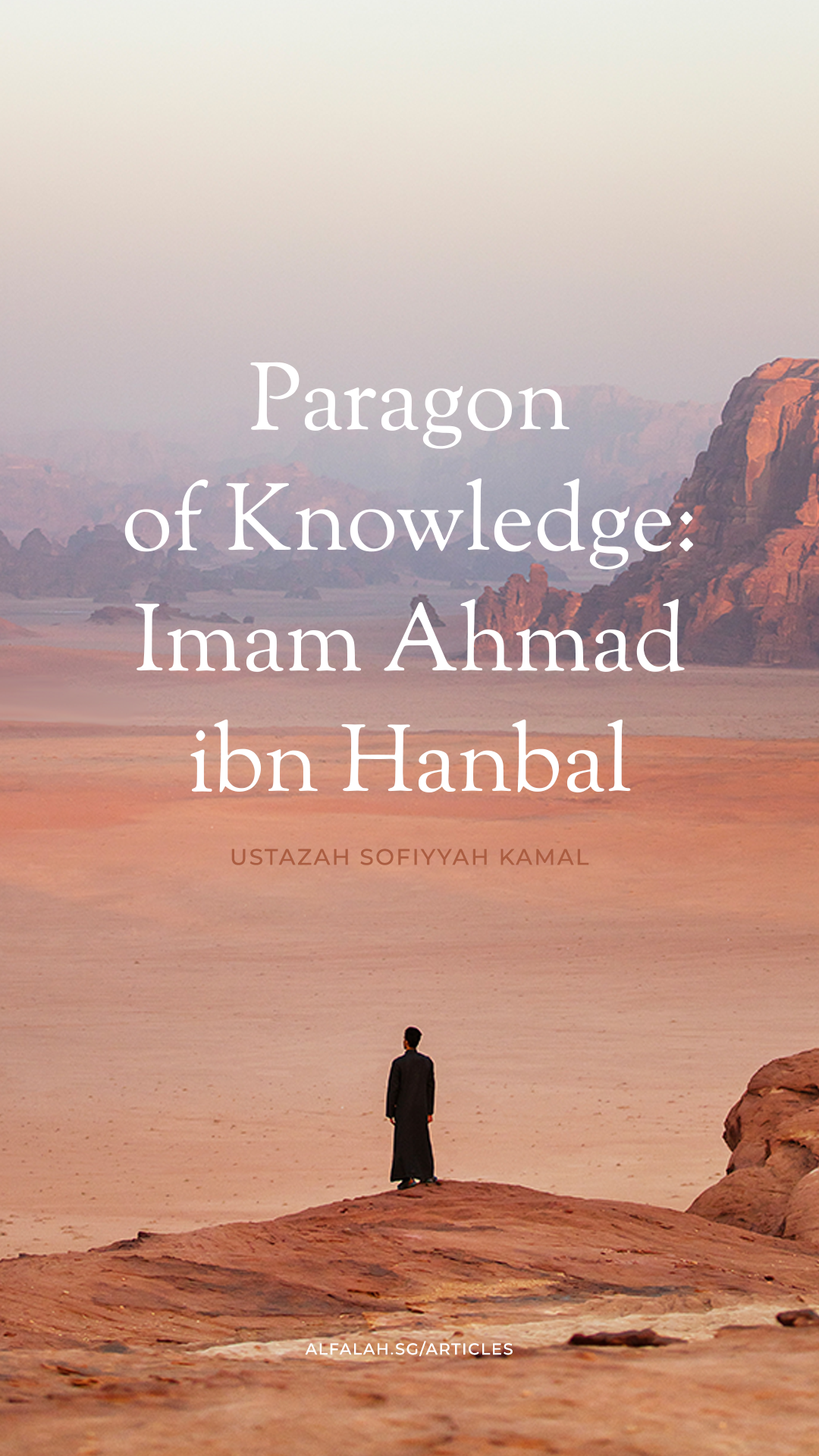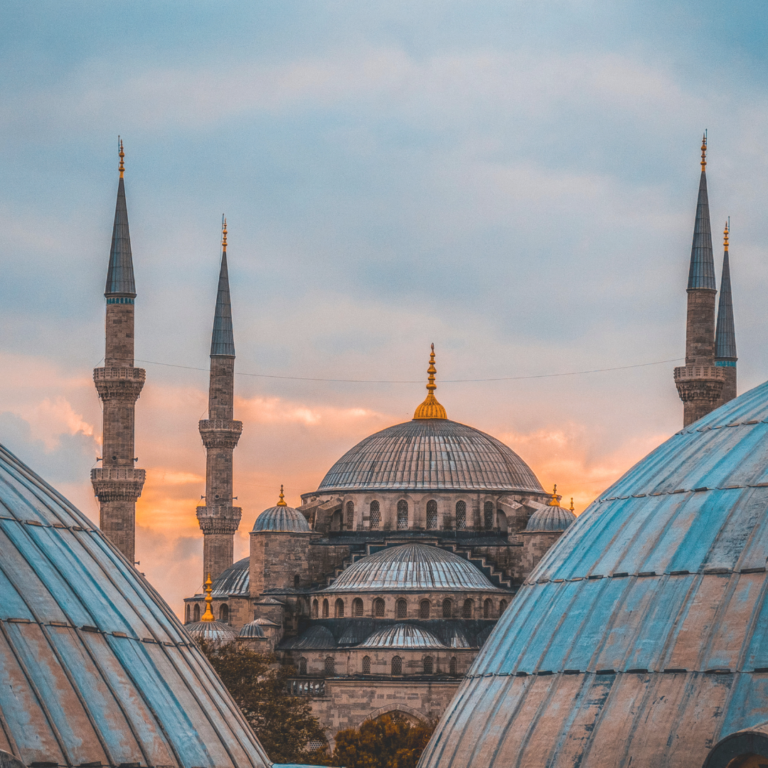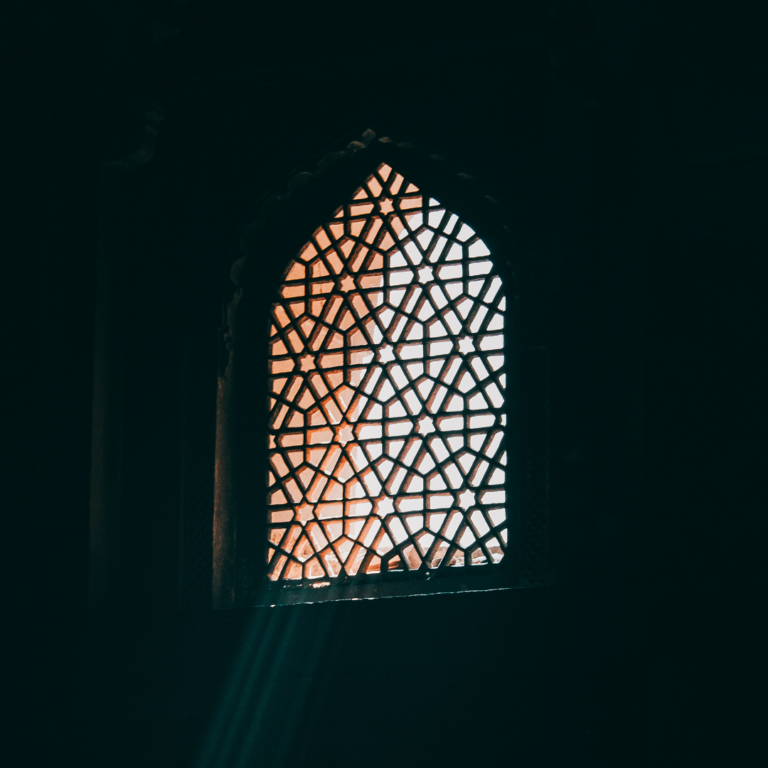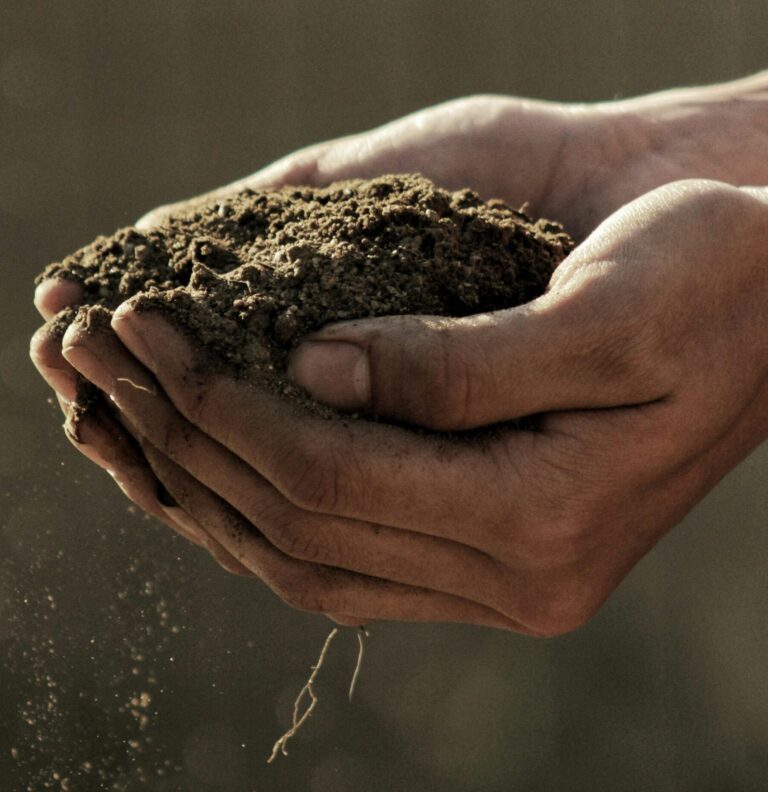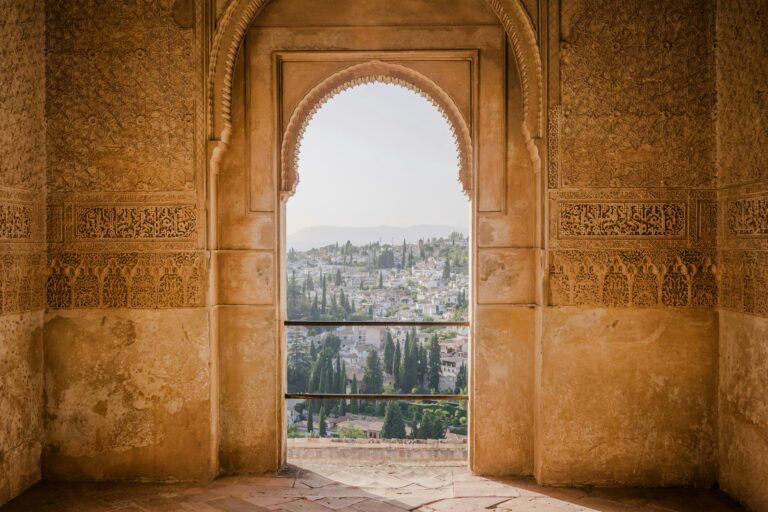Articles
3 Islamic concepts on caring for the environment
- BY Ustaz Luqman Hakim Roslan
- ON
- environment, earth, khalifah, responsibility
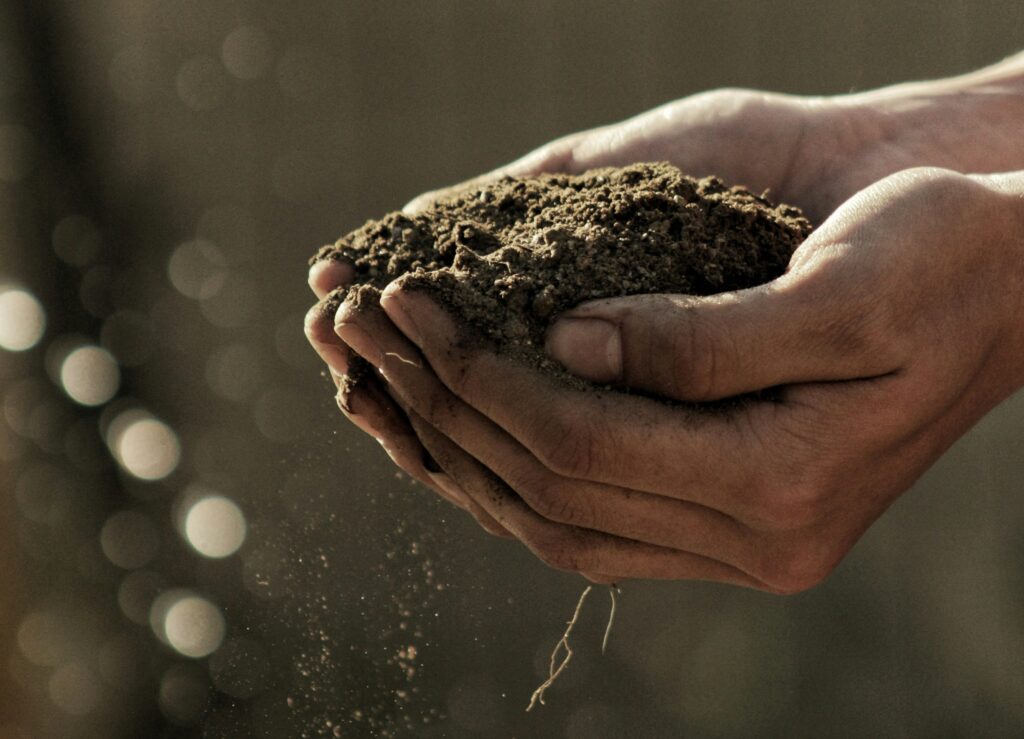
“Rainwater unsafe to drink due to chemicals…”.
If the statement above looks really familiar, then you would probably be one of those who read the headline on a Straits Times article in August, 2022. Man has contaminated earth to the point where it is no longer reversible. The contamination in water and air highlighted were from chemicals that are commonly found in packaging, shampoo and makeup and exposure to these chemicals may potentially result in fertility issues as well as risks of obesity and cancer. This is merely one example of many to how the environment’s ‘health’ has been on a steady decline. Without a doubt, a Muslim must care for the environment even though environmental issues were not prevalent during the time of the Prophet PBUH. Therefore, this article will dive into three concepts that have been portrayed in the Islamic tradition relating to saving the earth because it is indeed part of religion.
The Concept Of Ihsan
Ihsan can been interpreted in many ways from the different references in the Quran, Sunnah and the Arabic language. However, a simple way to understand Ihsan is that it is the character of excellence, to give the best in all that you do. A very popular hadith that explains Ihsan is:
“Verily Allah has prescribed Ihsan (proficiency) in all things. So if you take a life then take it well; and if you slaughter, then slaughter well. Let each one of you sharpen his blade and let him spare suffering to the animal he slaughters.”
[Muslim]
When it comes to the environment, Ihsan is a crucial character that everyone would need. If one were to observe the Prophet’s words above, one would realise even the mountains and trees, and the air and seas fall inside the scope of Ihsan. If the act of slaughtering an animal requires for it to be done with the best method, what more the numerous acts of using and extracting the earth’s resources which affects billions of lives- Man, animals and plants. The human race has taken too much and not given back enough. The ozone layer has thinned and the lands have been marred by the lack of Ihsan in many of our actions.
That being said, we might not be the culprit behind the crimes against Earth but we can still exercise Ihsan by reducing our carbon footprint, a person’s (or an organisation’s) daily activity producing gasses that contribute to overall climate change. For starters, our daily activities can be done well with the practice of conservation. Ensuring that lights are switched off when it does not benefit anyone, or saving water to the best of our ability can help mitigate the effects of energy consumption in our community. Reducing the usage of plastics (especially when bagging groceries) by reusing existing ones or consciously making an effort to find alternatives to plastic usage is another way of maximising the character of Ihsan to the environment. There are plenty of other practices that we can adopt in being an excellent advocate for the well-being of our planet, be it small or big. When every individual strives for excellence in all that they do, it then translates to the betterment of the society and the world. Ihsan essentially aims to eliminate complacency and the neglect of the rights of others, be it living things, or non-living things. Afterall, what is done to others will in turn affect the self.
Allah SWT has also mentioned in the Quran:
هَلْ جَزَآءُ ٱلْإِحْسَـٰنِ إِلَّا ٱلْإِحْسَـٰنُ
“Is there any reward for ‘Ihsan’ except ‘Ihsan’?” [55:60]
While the hadith gives the meaning of Ihsan as that of executing things well and making sure steps are properly taken, the Qur’anic verse approaches Ihsan from the angle of being kind and that kindness will beget only kindness. ‘What goes around comes around’ portrays how we now feel the effects of the lack of Ihsan onto the environment coming to affect our daily lives.
The concept of Naf’u
Naf’u translates to ‘benefit’ and may be related to wealth, well-being and even spirituality. Caring for the environment certainly falls under the umbrella of benefit and its concept expands both ways as mentioned in the hadith below:
Abu Barzah reported:
“I said: Allah’s Messenger, teach me something so that I may derive benefit from it. He PBUH said: “Remove harm from the paths of the Muslims.””
[Muslim]
A quick search on the Quran will show results of the word Naf’u and its derivatives mentioned 25 times in the Quran. A portion of these verses talk about how in the Hereafter only good deeds will be of benefit. Others would state how only Allah is able to influence and benefit whereas the idols fail to do so and are impotent. In Surah Al-Baqarah, verse 219, Allah reveals that there is benefit in alcohol and that the harm it brings outweighs the benefit.
After taking in each verse and the meaning behind the hadith above, we see that there is a common theme within the concept of Naf’u for a Muslim: true benefit is that which results in success in the Hereafter. Success in the Hereafter can then be achieved by spiritual acts of worship or it could also be in the form of good deeds. A short recall would remind us of various Hadiths and practices of the Prophet PBUH in which he would advocate being of benefit to others. This is evident from how the Prophet PBUH himself tried to alleviate the community from evil practices in the early Pagan times to the acts of helping a fellow Muslim and being charitable in the Madinah era. Bringing benefit to others is inherent in Islam such that the Prophet once mentioned: “The best of people are those most beneficial to the people”.
To reflect back on the hadith above, the Prophet PBUH asked for Abu Barzah to remove harm from the paths as a form of benefitting him and the masses. Today, the words of the Prophet PBUH is more relevant than ever and is very much needed to ensure that the Earth is taken care of. Harm to living things can be found on the land, seas and even in the air. It comes in the form of excessive non-biodegradable waste, trash and oil spills in the sea as well as pollutants in the air. To be of benefit to fellow human beings and the world, we should take steps within our power of influence to try to remove these harm from our lives like engaging in beach clean-ups and more. It boils down to reducing our carbon footprint as well to send a signal to the producers of harm that there is a shift in the mindset of the consumer. Alerting the leaders of the country or their representatives on ill-practices towards the environment is also a way to benefit many with the aid of a lawful body.
To bring Naf’u into the lives of many is a constant effort. It revolves around the environment as well as the many aspects in our lives. A fundamental point to take note of is that in our enthusiasm to practice Naf’u, we will have to also consider if our actions may result in ‘Ithm’ or sin. Similar to the how alcohol as a beverage is prohibited due to the bad implications it has, our actions need to be observed beforehand if it may lead to a negative outcome. In our effort to benefit others, will the people around us feel uncomfortable and shy away? Are we pushing for an agenda just to look good? Will our family members still be able to live happily with measures that we introduce? Are we doing things too drastically or can we make small consistent changes? These are some questions that can be asked to ensure that the benefit we aim for is all-encompassing.
The concept of ‘Adl
‘‘Adl’ or more commonly known as Adil is the quality of being fair and just. However, there is more than meets the eye when one measures fairness. The Scholar Imam Ibn Al-Qayyim RA once said: “’Adl is to assign matters at its rightful places and to put it where it belongs…”. Therefore ‘Adl is not only about equality, neither is it about sitting on the fence and delivering a seemingly fair judgement. ‘Adl is about doing the right thing.
In our everyday interaction, we tend to notice that many things are not put at its place, literally and metaphorically. It becomes more frustrating when common sense is not common among the masses anymore and it is even more infuriating when the norm dictates for injustice to exist. Such occurrences range from issues of the world, like how a ceasefire against mindless killing is not being endorsed or a more relatable issue like not giving the elderly a seat in the bus. The lack of ‘Adl in our lives is so glaring and proper steps should be taken to at least impact those around us. Let us start by at least restoring ‘Adl into our ecosystem.
A three-year-old toddler would know that littering is wrong. The place for trash is the trash can. This is a very basic level of ‘Adl. For an adult, the trash bin is not the only place for discarded items. The concept of recycling is no stranger to Singapore and such bins can be found all over the island. To choose the recycling bin over a normal one would mean Ihsan is practiced. However, one needs to apply ‘Adl too and be in the know to how to properly recycle. Not every piece of paper or plastic can be recycled. There are guidelines to having it cleaned and of a proper condition before it can be processed in the recycling center. Disposing your dirty food packages in the name of recycling isn’t really what it is all about as items that are not properly disposed will eventually end up in the incinerator like any other garbage. This requires for us to be ‘Adil.
Of recent years, there have also been bins to properly dispose electronic items as well as clothes. You may need to walk the extra mile to do the right thing but let it not deter your effort for the world. For instance, a niche bin can be found in certain mosques like Al-Falah mosque where you may recycle your clothes.
To do the right thing might not always be easy, especially when it comes to caring for the environment. One may feel estranged practicing and advocating for small acts that the majority don’t even feel perturbed with. Doing the right thing can be difficult and possibly lonely. Therefore, a course of action that we can take to promote ‘Adl for the environment is to create more awareness. With social media spreading news faster than word of mouth, one may share on practices that should be avoided like overfishing and inhumane treatment of animals in the mass production of food. One may also highlight the effects of deforestation and the rising sea level caused by the melting of the poles. Sharing on how easy (or at least possible) it is do the right thing may attract friends and family to do so. This is a win, no matter what others may say.
‘Zulm’ or injustice may not be in the form of bloodshed and betrayals. Zulm could be in the form of neglect i.e. Man’s neglect for the environment. As how the explorer Robert Swan brilliantly encapsulates the matter in his words: “The greatest threat to our planet is the belief that someone else will save it.”
Bonus Concept: Amanah
There are plenty more hadiths and verses from the Quran that talk about qualities that a Muslim must have with relations to caring for the environment. A verse that probably emphasises this notion best talks about Man being the stewards of this earth, the vicegerent and the khalifah. Allah says in Surah Al-Baqarah:
وَإِذْ قَالَ رَبُّكَ لِلْمَلَـٰٓئِكَةِ إِنِّى جَاعِلٌۭ فِى ٱلْأَرْضِ خَلِيفَةًۭ ۖ قَالُوٓا۟ أَتَجْعَلُ فِيهَا مَن يُفْسِدُ فِيهَا وَيَسْفِكُ ٱلدِّمَآءَ وَنَحْنُ نُسَبِّحُ بِحَمْدِكَ وَنُقَدِّسُ لَكَ ۖ قَالَ إِنِّىٓ أَعْلَمُ مَا لَا تَعْلَمُونَ
“˹Remember˺ when your Lord said to the angels, “I am going to place a successive ˹human˺ authority (khalifah) on earth.” They asked ˹Allah˺, “Will You place in it someone who will spread corruption there and shed blood while we glorify Your praises and proclaim Your holiness?” Allah responded, “I know what you do not know.” [2:30]
This is the trust that Allah has bestowed upon us and it is our due diligence to fulfil it.
Disclaimer
Support Our Dakwah

